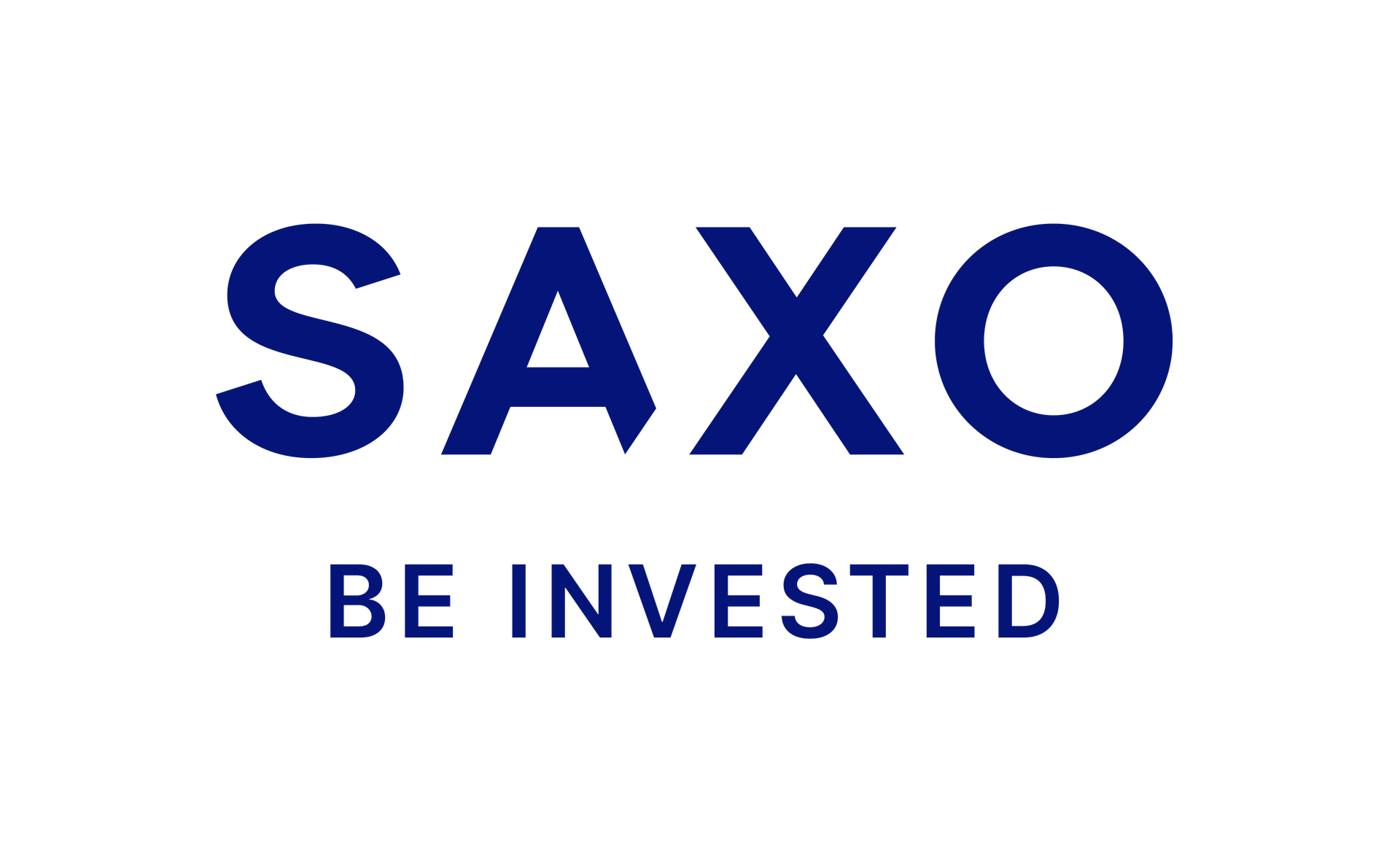The Chinese electric buses are subsidized by British taxpayers under the ‘Buy British’ scheme
Chinese companies are pocketing more than half of the taxpayer-funded subsidies earmarked for new zero-emission buses under a ‘buy British’ scheme, The Mail on Sunday can reveal.
More than £400 million in grants has been made available to encourage bus companies to switch to fully electric fleets as part of the Government’s plans to meet ambitious net zero targets.
But most of the money is going to two Chinese companies and their subsidiaries that dominate the bus-building market – despite there being proven British alternatives, including one that converts existing diesel vehicles into electric ones.
British bus manufacturers say state aid rules in place after Britain leaves the EU mean local authorities cannot favor domestic suppliers when awarding government contracts.
As a result, Chinese companies undercutting prices have cornered the electric bus market, with BYD accounting for almost half and Yutong another 10 percent, according to the latest figures from the government-funded Zemo Partnership.
They have received more than £200 million from taxpayers under the Zero Emissions Bus Regional Area (Zebra) programme, which supports councils outside London to introduce fully electric fleets.
Net zero: More than £400 million in grants have been made available to encourage bus companies to switch to fully electric fleets
In 2020, as Prime Minister, Boris Johnson pledged to support the purchase of at least 4,000 new zero-emission buses in the United Kingdom. According to official figures, the target has almost been achieved: there will be 3,820 battery-powered vehicles on the road by September 2024.
But that represents only a tenth of all buses in use. The rest are diesel powered or hybrid.
One option, known as repowering, converts diesel buses to battery power, rather than building electric buses from scratch. It extends the life of a vehicle’s chassis and bodywork, develops manufacturing skills and strengthens domestic supply chains in Britain’s industrial heartlands. But the Zebra plan only accepts bids for new, non-renewed buses.
“Repowering is a game changer, but there is no incentive from the government to consider it as a serious alternative,” says Marcus Jenkins, co-founder of Magtec, an electric vehicle specialist based in Rotherham, South Yorkshire.
With “a level playing field” for subsidies, Jenkins believes buses could be converted at half the cost of making new electric buses.
“The same investment is needed as the current UK taxpayer-funded subsidies to Chinese bus manufacturers,” he said.
Alexander Dennis, one of Britain’s largest bus manufacturers, recently laid off 130 staff at its Falkirk headquarters and axed a Zebra joint venture with BYD over concerns about the Subsidy Control Act.
This prevents domestic producers from being favored over foreign producers when contracts with government subsidies are awarded.
But British bus manufacturers say other countries, such as Germany and Sweden, routinely flout these rules in favor of their own suppliers.
BYD has come under fire for its alleged use of forced labor in its supply chain. A recent report from Human Rights Watch claims that BYD and other electric vehicle makers may be using aluminum produced by Uyghurs in Xinjiang.
BYD says it is “committed to conducting business ethically, with integrity and in accordance with the laws in the countries in which it operates. It added: ‘This includes improving our practices to combat slavery and human trafficking in our business and supply chain.’
The news of the payouts to BYD and Yutong comes amid tensions between Britain and China over the Prince Andrew spy row. The Department for Transport said Britain is ‘a world leader in bus manufacturing’ and programs such as Zebra ‘ensure British manufacturers continue to succeed’.
DIY INVESTMENT PLATFORMS

A.J. Bell

A.J. Bell
Easy investing and ready-made portfolios

Hargreaves Lansdown

Hargreaves Lansdown
Free fund trading and investment ideas

interactive investor

interactive investor
Invest for a fixed amount from € 4.99 per month

Sax

Sax
Get £200 back in trading fees

Trade 212

Trade 212
Free trading and no account fees
Affiliate links: If you purchase a product, This is Money may earn a commission. These deals have been chosen by our editors because we believe they are worth highlighting. This does not affect our editorial independence.
